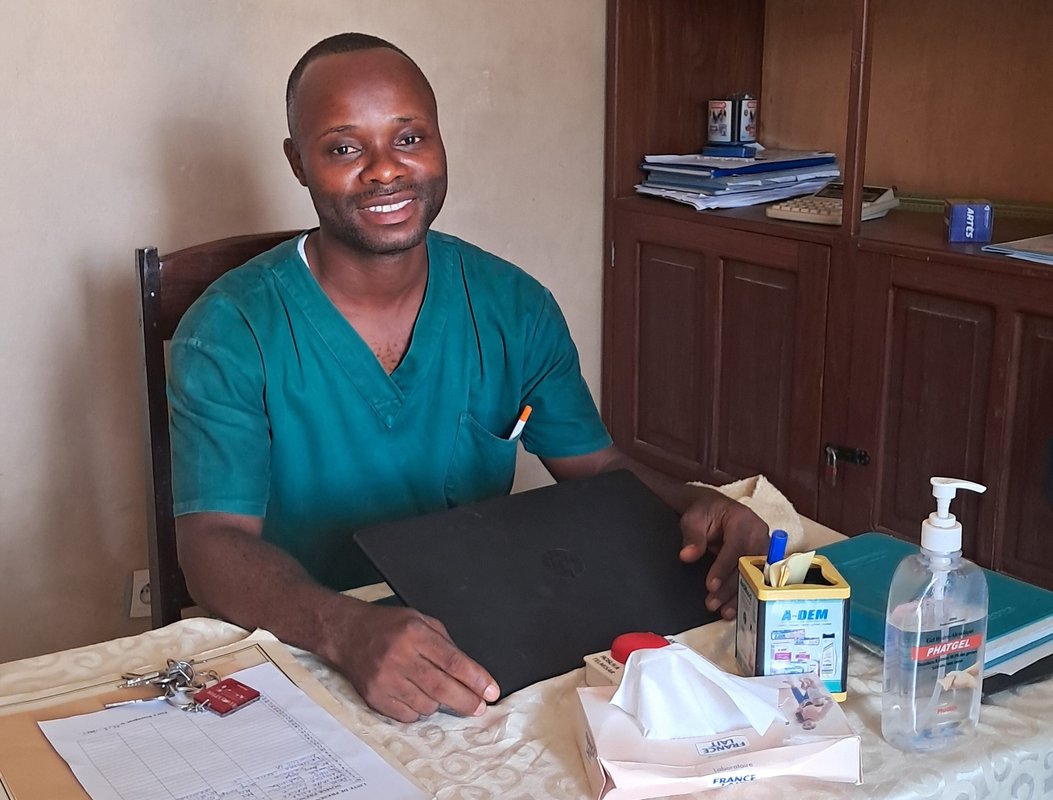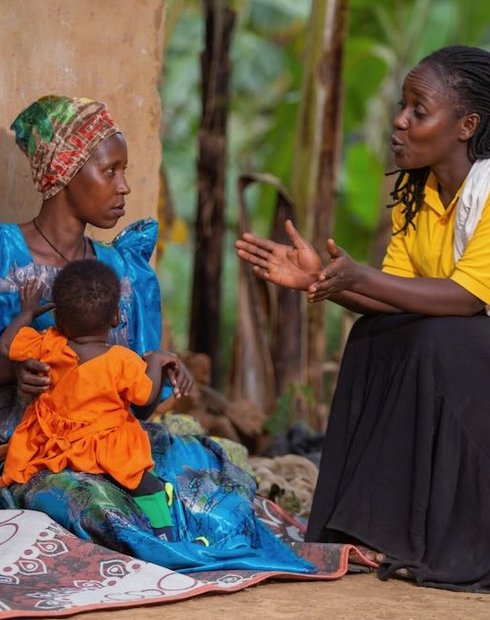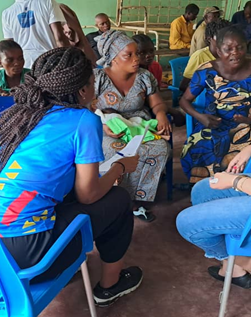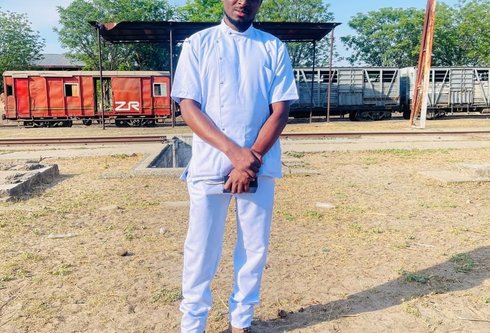In the heart of the Makiso-Kisangani Health Zone in the Democratic Republic of the Congo (DRC), a powerful transformation is unfolding. Through the Living Labs Zero-Dose Learning Agenda and Human-Centered Design (ZDLA-HCD) project funded by the Gates Foundation, frontline health workers are not just delivering vaccines; they’re helping reimagine how services are designed, implemented, and experienced by the communities they serve.
This work goes beyond training or data systems.
It is rooted in co-creation: working side by side with those most affected to develop context-specific, community-informed solutions.
For health workers from private facilities like Mwisa Kakule John, a nurse at Polyclinique Favor, and Beni Efanga Yalotaki, a health professional at Central Hospital: Solidarity of Hope for the Development of Women (CH SEDFE), this approach has reshaped how they engage with caregivers and the public health system. It has also shifted how they see their own roles.
Their participation in the Living Labs project has brought new energy and clarity on the challenge to provide vaccines to newborns in private facilities and prevent children from becoming zero-dose, those who have never received a routine vaccine.
As these two champions reflect on their experience, one thing is clear: HCD is not only changing workflows but also perspectives, building trust, and strengthening the foundation for lasting impact. Their stories offer a powerful window into what happens when the people closest to the problem are also at the center of the solution.
Reflecting on human-centered design
Q: What is your role in the ZDLA-HCD project?
Mwisa Kakule John: As a designated nurse, I’m responsible for ensuring that birth lists are completed and transmitted. It’s a key step that helps us track children and make sure no one is left behind when it comes to vaccination.
Beni Efanga Yalotaki: I support several activities, including vaccination, filling out and submitting birth lists, and helping coordinate services. I do both direct care and behind-the-scenes work to keep everything running smoothly.
Overall, Mwisa and Beni contributed to co-creating solutions alongside other nurses from private facilities. They volunteered to test the tools in their own facilities and played a leading role in driving the transformative work. They coordinated the transmission of lists and facility contributions, while advocating for mobilizing funds to support vaccine transportation.
Q: How do you see the role of private facilities in supporting public health?
Mwisa: Private facilities play an important role because we are closer to the communities. That allows us to support the public sector and respond to patients more quickly and personally.
Beni: The private sector strengthens the overall health system. Together, we can reach more people, improve the quality of care, and build stronger connections with the community.
Q: Did you have experience with HCD before this project? What were your first impressions?
Mwisa: No, this was completely new to me. But I’ve learned so much, and it has really improved how I work and how I approach problem-solving.
Beni: I hadn’t used HCD before either. But I immediately saw how it helped us address real challenges. It’s made a real difference in how we understand and respond to community needs.
Q: What did your work look like before HCD? And how has it changed?
Mwisa: Before, the work felt routine and without much structure. Nothing stood out. With HCD, I now save time in getting vaccines and work with more people, which helps us learn together.
Beni: We used to work with cascading information, often in silos. HCD has improved collaboration and helped us save time which can be used for other essential tasks.
Q: What makes you a champion of HCD in your community?
Mwisa: I’m consistent in our outreach and always make sure we’re engaging with the community. That connection is how we earn trust and help families feel supported.
Beni: I make sure to participate in every activity and do my best to apply what we’ve learned. That’s how we lead by example.
Q: What do you see for the future of your role and your region through HCD?
Mwisa: I believe this approach will help us keep improving and expanding our knowledge at all levels.
Beni: If we keep using the HCD approach and everyone plays their role, we may eventually eliminate zero-dose children. We’re moving in the right direction.
Q: Is there anything else you’d like to share about your experience with Living Labs and the HCD approach?
Mwisa: It’s not an easy approach—it takes practice and time to really master. But it’s worth it because it gives us tools to improve and make a real difference.
Beni: Thanks to this method, we’ve engaged parents more effectively in raising awareness and helped them stick to their children’s vaccine appointments. That connection with caregivers is one of the most important outcomes of this work.
In summary
The experiences of Mwisa Kakule John and Beni Efanga Yalotaki reflect the power of placing health workers and community voices at the center of innovation. Through the Living Labs and HCD approach, they are not only improving service delivery—they are becoming co-creators of solutions that are rooted in local realities and driven by trust.
As they continue to apply what they’ve learned, their work offers a hopeful vision for what’s possible when frontline expertise meets meaningful collaboration: stronger systems, more responsive care, and a future where every child has access to life-saving vaccines.



